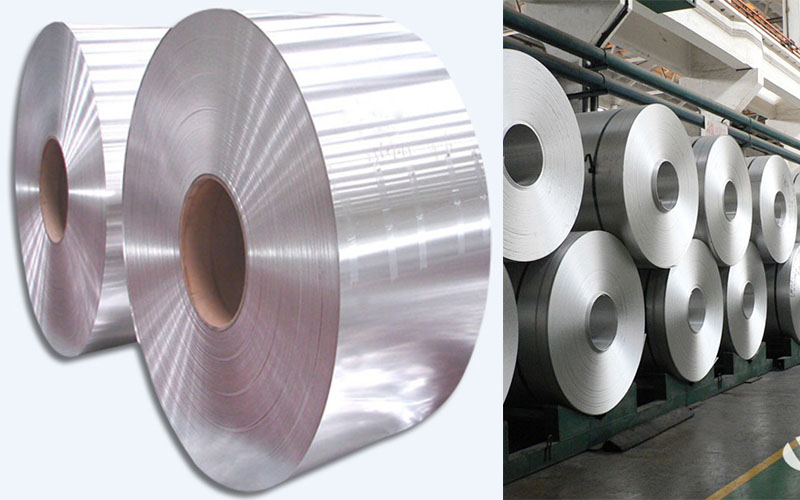5052 Aluminum Coil for Venetian Blind
January 4, 2019
Raw materials for the Venetian blind include bamboo, plastic composites, glass and aluminum etc. Though there are hundreds of aluminum alloys from eight series, not all alloys of aluminum are suitable to be made into shutters. Regular alloys of aluminum coil for venetian blind are 3005 and 5052. We have discussed 3005 aluminum coil for venetian blind in a previous article. Here we will deal with 5052.

The main metal elements of 5052 aluminum coil are aluminum and magnesium. Magnesium has an even lighter weight than aluminum, boating good tensile strength and heat conductivity. It also contains a small amount of manganese, chromium, niobium, titanium, and the like. Most of the manganese in the alloy forms MnAl6 except for a small amount of solid solution. In the 5052 aluminum alloy, the effect of chromium is similar to that of manganese, which improves the resistance to stress corrosion cracking, strengthens the strength of the base metal and weld, and reduces the tendency of weld cracking, but its content generally does not exceed 0.35%. 5052 aluminum is now the most widely applied alloy of corrosion resistant aluminum coil rolls.
5052 aluminum coil for venetian blind has the following advantages. First, it has light weight, much lighter than glass and bamboo. Second, it has good corrosion resistance. PVDF color coated aluminum coil of 5052 has even stronger corrosion resistance than 3005 roll of the same surface treatment. It withstands common weather conditions in nature, such as extreme coldness, strong sunshine, frost, fog, rain and wind. Its coating adhere so firmly to the base coil that the finished coil lasts decades without peeling or decaying. Third, it’s convenient to adjust the angle of shutters with a purpose to either protect your privacy or keep noise off your room. These are the main reasons why aluminum alloy blinds take up an increasing share of the blind market.


 Nydia
Nydia
 Sales Manager
Sales Manager